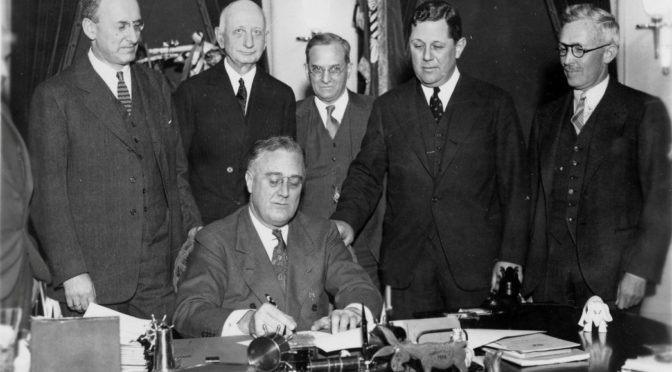(Edit: I've tried to write on this subject for a while now and failed, realizing I would not, probably could not, do it justice. So when I came across this article by John Pilger I quickly decided to re-post it. Please excuse the British theme. The music may be different, but the theme (regardless of your political, religious or social affiliation) remains the same here in the US.
This is not about suppressing conservative or liberal voices. This is about suppressing dissent of any kind that does not follow or support the official narrative. - Cognitive Dissonance)
by John Pilger via ConsortiumNews.com
So much of mainstream journalism has descended to the level of a cult-like formula of bias, hearsay and omission. Subjectivism is all; slogans and outrage are proof enough. What matters is “perception,” says John Pilger.
By John Pilger
Special to Consortium News
The death of Robert Parry earlier this year felt like a farewell to the age of the reporter. Parry was “a trailblazer for independent journalism”, wrote Seymour Hersh, with whom he shared much in common.
Hersh revealed the My Lai massacre in Vietnam and the secret bombing of Cambodia, Parry exposed Iran-Contra, a drugs and gun-running conspiracy that led to the White House. In 2016, they separately produced compelling evidence that the Assad government in Syria had not used chemical weapons. They were not forgiven.
Driven from the “mainstream”, Hersh must publish his work outside the United States. Parry set up his own independent news website Consortium News, where, in a final piece following a stroke, he referred to journalism’s veneration of “approved opinions” while “unapproved evidence is brushed aside or disparaged regardless of its quality.” Continue reading Hold The Front Page: The Reporters Are Missing And Journalism Is Dead



LOS ANGELES – One of the most pervasive myths about the United States is that the federal government has never defaulted on its debts. Every time the debt ceiling is debated in Congress, politicians and journalists dust off a common trope: the US doesn’t stiff its creditors.
There’s just one problem: it’s not true. There was a time, decades ago, when the US behaved more like a “banana republic” than an advanced economy, restructuring debts unilaterally and retroactively. And, while few people remember this critical period in economic history, it holds valuable lessons for leaders today.
Continue reading Learning from America’s Forgotten Default →